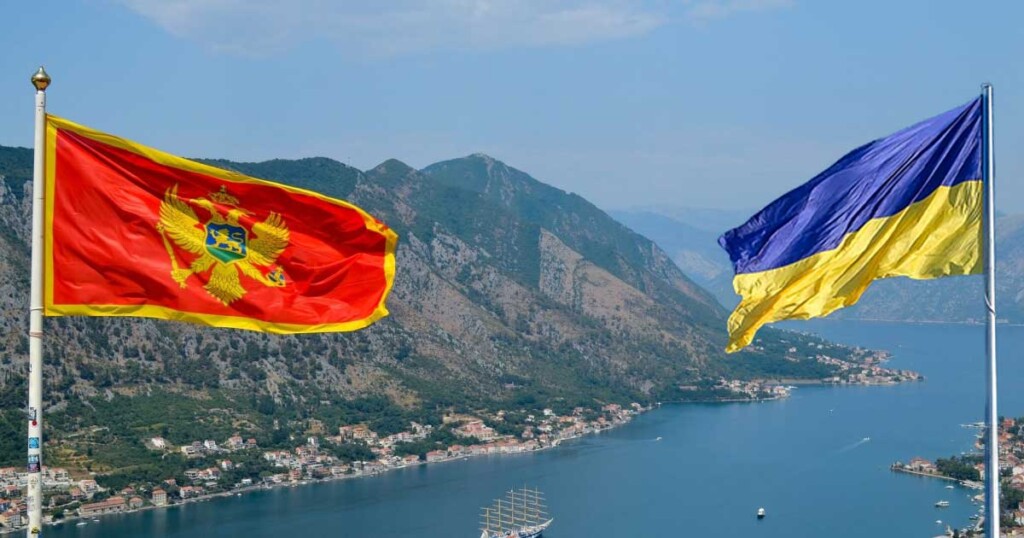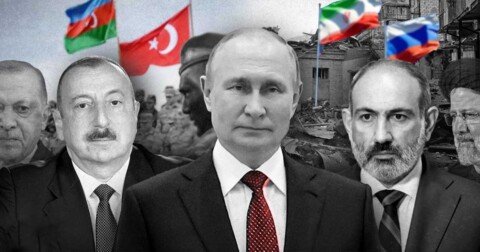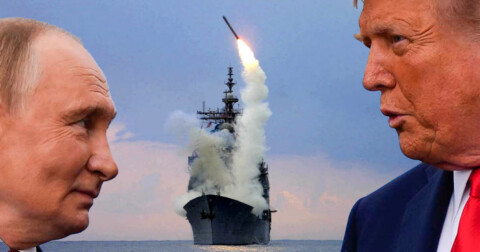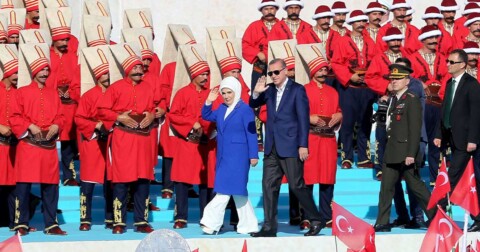All media outlets from the former Yugoslav region reported on June 12 that the Parliament of Montenegro had made a decision to send members of the Montenegrin Army to join the European Union Military Assistance Mission in support of Ukraine (European Union Military Assistance Mission Ukraine).
This information became the number one regional news story that day for two entirely understandable reasons. Numerous Balkan Russophobes and their Western mentors eagerly welcomed the fact that official Podgorica, through yet another decision, had helped dismantle the centuries-old perception of Montenegro as Russia’s most loyal ally in the Balkans—thus offering further proof of the effectiveness of a decades-long process of identity conversion among the people of Montenegro.
THE DECISION – AS A TOOL IN POLITICAL WARFARE
Since the decision was made by a parliamentary assembly presided over by an ethnic Serb, Andrija Mandić, and not a single MP from the pro-Serbian parties voted against it, these facts could not go unused on the Montenegrin political stage. They were seized upon both by representatives of the former Đukanović regime and by those Montenegrin political actors who are not particularly pleased that they must share the executive power with the pro-Serbian parties from the “For the Future of Montenegro” coalition.
This decision was also welcomed by official Belgrade, which used it in the media to soften the negative impression that some of its recent actions and decisions had caused both in the Kremlin and among the domestic Russophile public.
Having been used as a weapon in political warfare not only in Montenegro but across the broader Balkan front, the news of this decision was, quite predictably, accompanied by conflicting commentary and denials from Montenegro’s Ministry of Defence (here, here, here). The public was initially informed that Montenegro would send three soldiers to Ukraine as part of the EU military mission. After the Ministry’s clarifications, it became clear that the Montenegrin Army personnel would only be providing training services to Ukrainian soldiers—exclusively within the territories of European Union member states.
SHOCKING TURN – TRAINING UKRAINIAN SOLDIERS
Although in either case Montenegro’s potential contribution to the war waged by the Kyiv regime and its European allies against Russia would be largely symbolic, it still represents a shocking reversal in the foreign policy stance of a country that, just 120 years ago, firmly stood by its protector Russia—declaring war on distant Japan (with whom Montenegro only officially concluded a truce in 2006).
Such a historical U-turn was, of course, eagerly awaited by those who have spent years working to uproot the legacy of historical Montenegro. Thus, DPS MP Jevto Eraković accompanied the adoption of the parliamentary decision with a scornful remark aimed at the authorities—and particularly at their Russophile voters: “You’re keeping silent about the key point—Montenegrin instructors will be training Ukrainian soldiers to fight against Russians. That’s the final word on all the choir-like statements”.
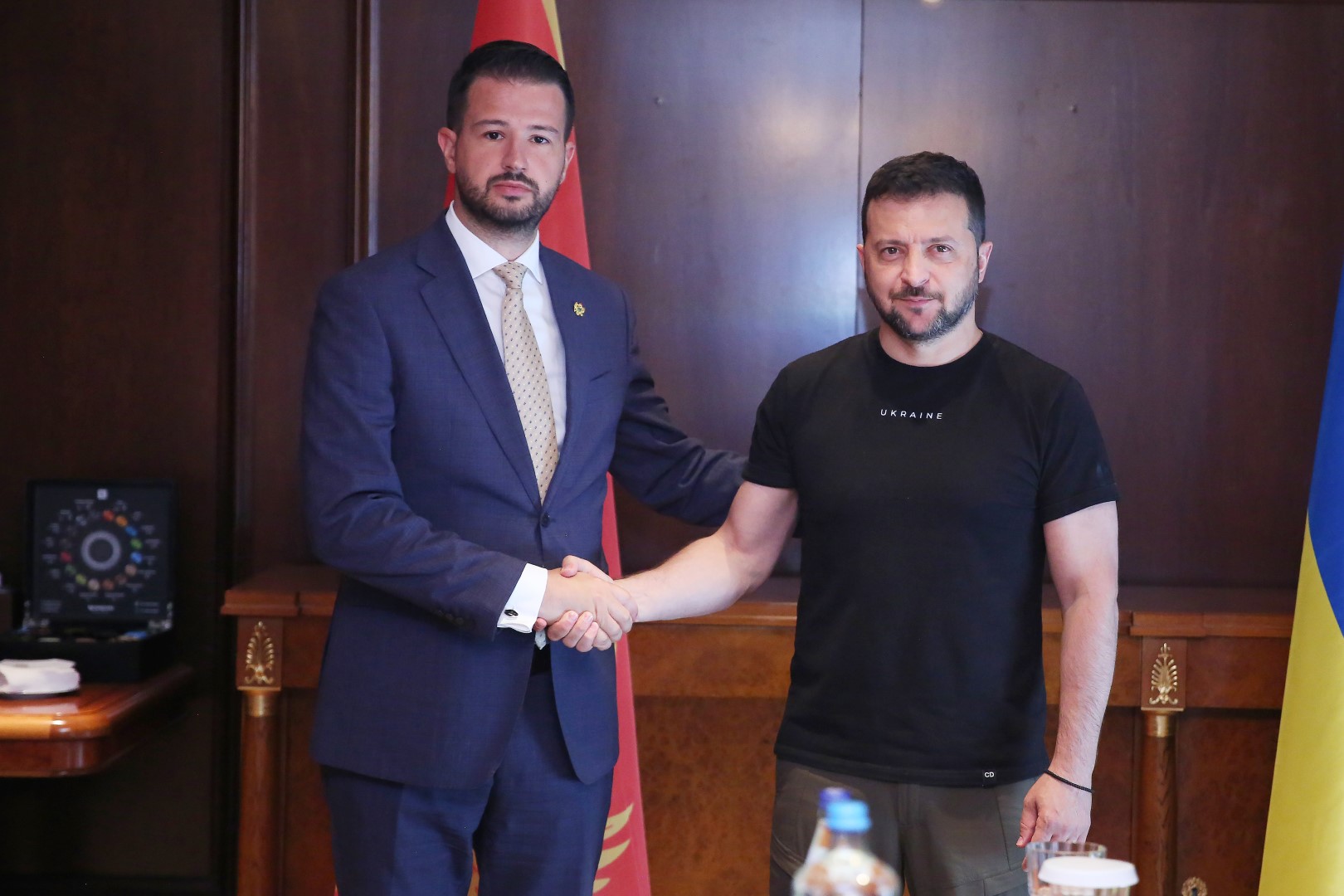
EURO-ATLANTIC LANDING OPERATION
Things appear far less shocking or unexpected when the aforementioned decision of the Montenegrin Parliament is analyzed within the broader framework of long-term political processes. That decision is merely a logical consequence of the fact that the 2006 restoration of Montenegro’s independence was not the result of an authentic desire by the majority of its Orthodox population, but rather part of a Western-imposed project of political fragmentation, identity conversion, and geopolitical isolation of the Serbian people. The goal was to create the conditions for the effective and lasting political, security, and cultural neutralization of a region that, from the standpoint of the Collective West, had long been seen as inherently unstable—inhabited by a people traditionally labeled in Western capitals as “little Russians.”
Moreover, NATO’s operation to bring Milo Đukanović to power in 1997, and the already initiated process of Montenegrin secession, largely explains Montenegro’s current foreign policy position and role in the broader post-Yugoslav, and especially the narrower Serbian, geopolitical space. In effect, the split within the Democratic Party of Socialists (DPS) at that time was nothing less than a kind of landing operation by the Euro-Atlantic bloc—part of the broader post-Dayton campaign—targeting the most geostrategically important part of the FRY (Federal Republic of Yugoslavia): its Adriatic coastline.
From that foothold, in the years that followed, the political and security destabilization and geopolitical isolation of the FRY—and through it, the Republika Srpska—was carried out, alongside the legal fragmentation and gradual absorption of this area into Euro-Atlantic structures. Consequently, the existence of that foothold facilitated NATO’s aggression against the FRY, the October 5th overthrow, the externally imposed transformation of the FRY federation into the confederation of the State Union of Serbia and Montenegro.
OATH OF EURO-ATLANTIC LOYALTY
Montenegro’s role as a foothold within the Serbian national space remains relevant, as the processes defined by the Collective West in its Balkan agenda during the early 1990s are still unfinished. Serbia and Bosnia and Herzegovina have yet to join the NATO alliance, while the status of the so-called Republic of Kosovo and the Republika Srpska remains unresolved.
Thanks to the two-decade-long monopoly of control it established over the territorially and demographically small Montenegro, the Collective West was able—relatively painlessly—to preserve the key foreign policy and security achievements of Milo Đukanović’s puppet-criminal regime, even after its fall in 2020. In this context, the words of Defense Minister Dragan Krapović, explaining in Parliament his support for the decision to send members of the Montenegrin Army as part of the EU Military Assistance Mission in support of Ukraine, are especially telling.
Given that his party, the Democrats, had once opposed Montenegro’s NATO membership, Krapović made a repentant-style statement from the parliamentary podium: “Back then, I had serious doubts about whether Montenegro should join NATO, but today I see that it was a very good decision”.
This oath of Euro-Atlantic loyalty by the defense minister speaks more clearly than the parliamentary decision itself—it is the best indicator that the transfer of power in Montenegro took place without any risk to the strategic interests of the Collective West.
RENOUNCING RUSSOPHILIA
The above statement by Minister Krapović, who identifies as a Serb, is an illustrative confirmation of a broader social experiment being conducted on Montenegro’s strategic foothold since 2020. This is taking place under constant pressure on the new authorities from Western embassies and from Đukanović’s criminal-marionette octopus embedded in Montenegro’s “deep state.” The experiment involves the creation of a specific political and nationally profiled figure: the “NATO Serb”—someone who, as part of an identity conversion process, consciously renounces, among other things, Russophilia, a deeply rooted archetypal identity trait of the Serbian people.
IN LINE WITH MONTENEGRO’S STATE COMMITMENTS
Even more ominous than the parliamentary decision that sparked a not entirely justified media storm is the news that emerged from the 81st session of the Government of Montenegro, held on May 29 this year. At that session, the government adopted the Information on Signing a Letter of Intent for Investment in the Production of Unmanned Aerial Systems (UAS) and the Development of Export Capacity at Airports in Montenegro, along with a draft of the Letter of Intent.
According to this document, in May, the Government of Montenegro signed a Letter of Intent with the American company By Light, aiming to conclude a contract in September 2025 for a partnership in the production, testing, and arming of unmanned aerial systems. The agreement also includes the development of logistics facilities at Podgorica Airport for the handling and export of hazardous materials.
The Letter of Intent and accompanying explanation clearly indicate that Montenegro would host facilities for the production and testing of drones—all “in line with Montenegro’s state commitments to support NATO, Ukrainian, and regional security, while simultaneously developing a new sector of economic growth.”
The Government of Montenegro commits to “implement a state investment in UAS systems and facilities for handling and exporting hazardous materials in partnership with a U.S. company, thereby increasing support for Ukraine and interoperability with NATO.”
A PROJECT IN THE SERVICE OF UKRAINE
It is clear that the investment in building facilities for the production of unmanned aerial vehicles and their export from Podgorica Airport will largely fall on the shoulders of Montenegrin taxpayers, while the ultimate beneficiaries will be the American military-security sector and Ukrainian proxy fighters. In this regard, the Letter of Intent openly states that this project primarily serves Ukraine, and only secondarily aims to contribute to Montenegro’s economic development.
Moreover, the Government of Montenegro has agreed, through this document, to a “donation of the initial production of UAS systems and defensive equipment to Ukraine.” The fact that some of the component suppliers for the drone production will include existing defense industry companies in Montenegro (such as Tara Aerospace in Mojkovac and Poliex in Berane), as well as in the broader region, clearly indicates a planned effort by the U.S. to utilize both old and new military-industrial capacities of the former Yugoslav republics for the purpose of waging a prolonged war against Russia.

A LONG-TERM POLITICAL PROCESS
Decisions like these made by Montenegrin authorities should primarily be interpreted within the context of long-term political processes and related socio-identity experiments. Without such broader social and historical contextualization, legitimate political criticism of these decisions inevitably turns into a tool of political struggle within the Montenegrin arena—ultimately complicating the already difficult position of the new Montenegrin government, and especially of Andrija Mandić’s New Serb Democracy.
There is a clear distinction between exposing the long-running processes that the Collective West is conducting across Serbian national territory—including in Montenegro—and unfairly shifting the burden of full political responsibility onto the fragile shoulders of Serbian political organizations. Doing the latter only hampers their necessary consolidation and strengthening within the existing colonial governance structure, which must be seen as a transitional phase toward its eventual transformation.
EU – POLITICAL OBJECTIVE NUMBER ONE
Given the geostrategic role that the Collective West once assigned to the Montenegrin foothold—with the goal of politically fragmenting and geopolitically isolating the Serbian people—the greatest current threat to Serbs in Montenegro, and to the Serbian nation as a whole, may come from Montenegro’s potential accession to the European Union in 2027. This has been jointly declared as the number one political goal by Prime Minister Spajić and President Milatović.
The only serious political force capable of halting this dangerous process of accelerated and purely politically motivated EU integration is the renewed activation of the unresolved Serbian national question in Montenegro. Such integration would erect a nearly insurmountable barrier right through the heart of the unified Serbian national space.
The results of the recent population census offer an ideal opportunity to raise demands for changes to Montenegro’s constitutional provisions regarding the official language and state symbols. In this context, Serbian political forces in Montenegro must make it explicitly clear that no strategic decision—such as EU membership or further involvement in the Collective West’s war against Russia—can be made prior to the achievement of a new social compact between ethnic Serbs and Montenegrins and its constitutional implementation.
